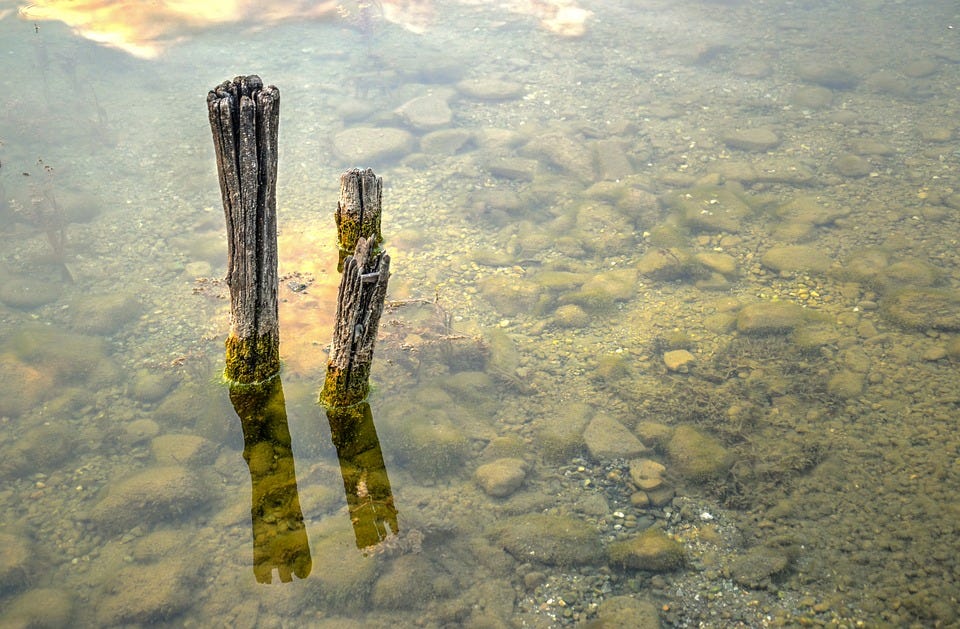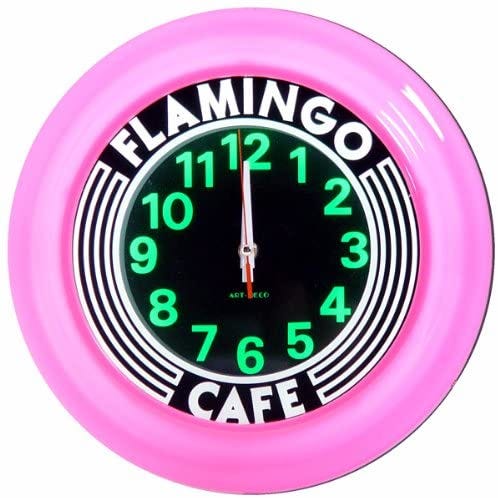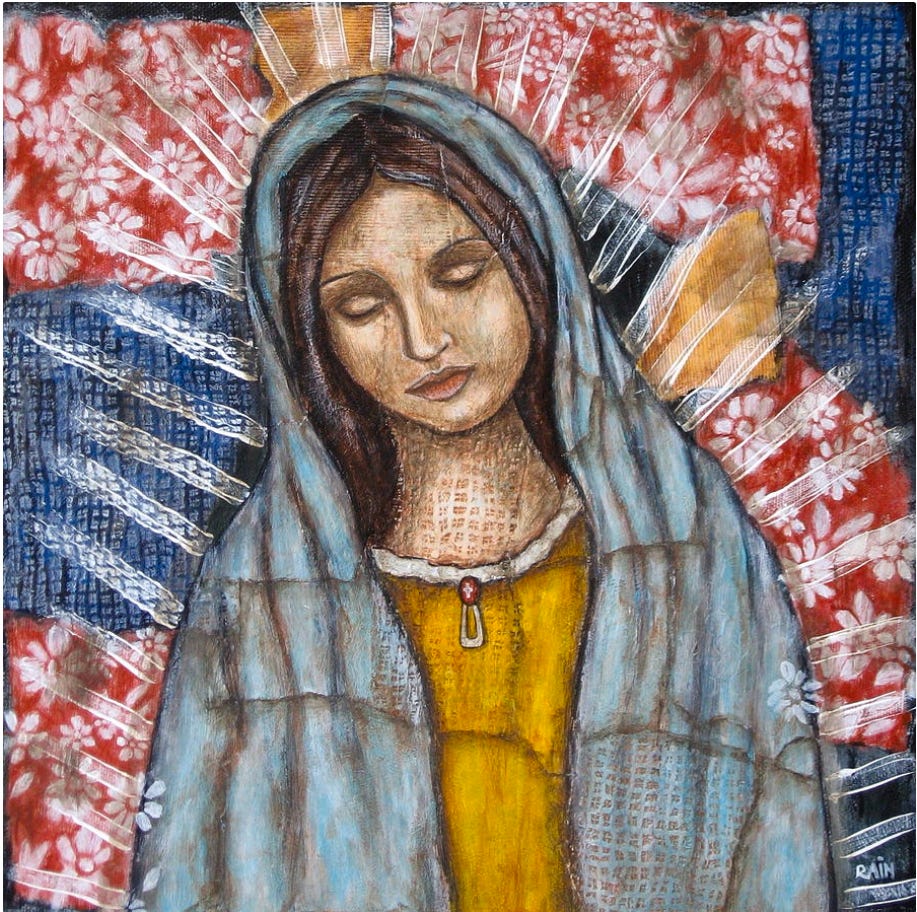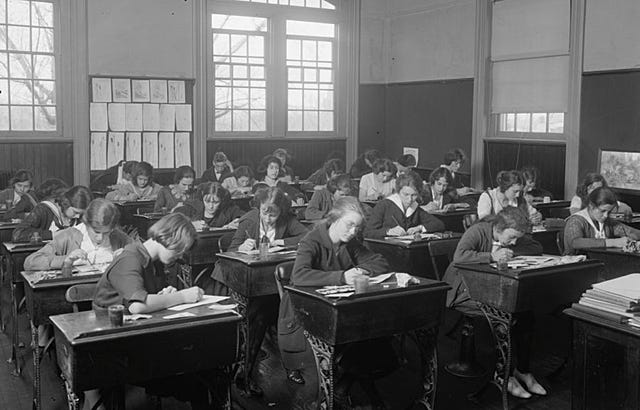poetry
foundling
all neck and throat spiked feathers like a cancer patient’s hair she feeds the hunger they both share, both fallen from the nest before their time earthworms she once bandaged as a child slide down the mouth and wait their turn the bond is firm when we can’t tell for sure which one of them is served
-- from homebound
funeral scene
cut flowers rest on a casket mourners stand around the grave taking attendance they need a fresh count of the living
-- from along the way
cello
squeezed between her knees upright her fingers walking my spine my tight nerves quiver beneath her bow
-- from everything rhymes
walking by the lake
-- for ryokan, fellow fool the day is hot and still, i hear the lapping of leftover wind i have been here before, bugs skitter across the surface, the only life they know, their beings so light they’re barely there, fish jump, they twist and flop, their splash, golden olive-green flashes of life on the clear brown water, i do not come to catch them, but to watch, to catch-and-release them from a memory where they lie stuffed and mounted on the wall, the same as if i had eaten them, a gray stick pokes through the water near the shore, i look at it closely the masters are wrong today i see one stick, it is not bent
-- from lives of the poets
short stories
the visit
…continued
Equal measures of guilt, maturity and good conscience all chipped in to extend the visit to four hours. These three extra hours rattled like three shiny coins in his empty cup. Not yet enough for a meal. But still, a good start. He accepted the donation with a pathetic mix of gratitude and resignation. Standard ingredients of daily bread for aging parents and other beggars. She spent most of the four hours up in her room, going through her things. After a while, she sent her boyfriend and older brother off to the store for cardboard boxes. She really didn't seem to want her father in the room while she went about this business. So, he lay down on the floor in the hallway outside her room, playing his guitar. They used to like it when they were kids. When she and her older sister were both in bed for the night. Sometimes he would play his guitar or recorder and sing so they could hear him from another room. Maybe her sister was the one who liked it more? Maybe Cissie just liked it because her sister did, and she felt safe in her bed and home and family. After all, she was the one who never knew what it was like for him to not be there. She never knew those early years. When he would leave for his thirty-five-mile commute before the family awoke each day. When he would be out nearly every night until past their bedtime. When they didn't have any money to go anywhere or do anything, and each "vacation" was a long trek in the car back east to visit family (who never seemed to know the way out west themselves). She was the lucky one. For her, he was always there. He was at every soccer game and cross-country meet, home or away. Every piano and voice recital and concert. Every performance of every play (in fact, nearly every rehearsal too, since he had become the primary "chauffeur" by then). He was there. The others benefited from this change too. But, only after their early childhood years. They knew what it was like before. When he was not there. When fatherhood was a mysterious power that came and went with the dawn or dusk, and revealed itself to young children in traces and fragments of weekends and holidays. They knew what it was like to live alone with a female parent, huddled with other children in a small den. With the ghost of fatherhood wafting around the den like rising smoke from the smoldering fire of a mother’s lonely rage.
-- to be continued…
-- from signs & wonders
-- previously published in DownstateStory
marni (traveling light)
…continued
I realized my own hands were still gripping the wheel and peeled my right one free to accept her handshake. “Victor. Brother Victor.” “Pleased to meet you.” Her grip was confident. I noticed a wide cuff bracelet of pewter mail on her wrist like something worn by a medieval knight. She also had a ring on her right index finger. What appeared to be a little silver cup inside a thick clear globe of hardened synthetic resin. I had never seen anything like it. “You too.” I answered, as she released my hand, which swiftly returned to the safety of its tight hold on the steering wheel. She wore a black fishnet top with long sleeves. The loose hem curled like the rough open mouth of a burlap bag barely covering her midriff, where a small silver pin shaped like a fish pierced her navel. A scene was stenciled in white across the front of this garment: a dove descending on the top of a rock jutting out from a pool of water. Over this picture, a heart-shaped pendant of rose-tinted resin hung from a gold braided rope. Inside the translucent heart was a single dark thorn. The tightly budded curves of her black satin bra bulged faintly visible beneath the sheer mesh. “Where you headed?” I tried to get my mind back on track. “Green Bay.” She pulled the door shut and settled her feet on the floor mat. Her hips and legs were wrapped with a tight spandex skirt that hugged her above the knees, with a black-and-white striped pattern of zebra skin. Her thin, but well-muscled calves, like firm piano posts, stretched down below. White patent leather boots, with silver rhinestone crescents on their outer sides, adorned her ankles and feet. “I’m just going up the road a bit, to Deerfield.” I apologized. “But, that will get you to a better place headed north where the highway divides.” “That’s great.” She spoke with warm sincerity. “I really appreciate it.” Only then did I realize that I couldn’t remember seeing her stick out her thumb. She simply appeared by the side of the road, looking straight at me. “So, what do you teach?” Her voice was friendly, inquisitive.
-- to be continued…
-- from summer’s end
microfiction | a history of the world
…continued
school (bottling plant)
Our room had a vase with fresh flowers. We were only alternates, so we shared a room. But still, fresh flowers! I sniffed them and put on my hat. I wish I knew what kind they were. But I am in social science, not botany. The Commission on the Reorganization of Secondary Education was almost done. Our work will change everything! President Wilson says we are fighting the war to make the world safe for democracy. Chairman Kingsley says our project will make democracy safe for the world. It’s such a shame my name will not be listed on the report (since I’m only an alternate). I’ve given so much to this work. Still, I will know. It’s all about citizenship after all. Who needs the credit? But oh, what it would do for my career! My standing in the field.
-- to be continued…
-- from a history of the world










